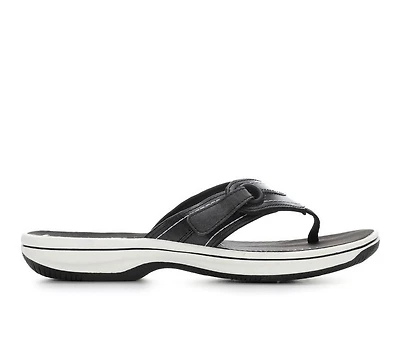Home
Origins of Airpower: Hap Arnold's Early Career in Aviation Technology, 1903-1935
Barnes and Noble
Loading Inventory...
Origins of Airpower: Hap Arnold's Early Career in Aviation Technology, 1903-1935 in Franklin, TN
Current price: $12.95

Barnes and Noble
Origins of Airpower: Hap Arnold's Early Career in Aviation Technology, 1903-1935 in Franklin, TN
Current price: $12.95
Loading Inventory...
Size: OS
HENRY HARLEY ("Hap") Arnold was not supposed to enter the Army.1 His older brother, Thomas, was to attend West Point and continue the Arnold family tradition of American military service that began during the War for Independence. Henry Harley, Hap's namesake and great-great-grandfather, had been a private in the MAJ DIK DASO, USAF Pennsylvania militia. Another relative, Peter Arnold, fought with Gen George Washington's army. Thomas G. Arnold, his grandfather, had been a nail maker who fought at the Battle of Gettysburg during the Civil War. Herbert, Henry's father, had been a physician during the Spanish-American War, serving in Puerto Rico in 1898. Despite the military legacy, and after attending Penn State during the year prior to the West Point admission tests, Thomas rejected his parents' persistent urging to attend West Point. So Henry Arnold, then called Harley, inherited the opportunity to carry on the family's military heritage, which he did with great distinction.Cadet Arnold entered the Military Academy in 1903, the same year the Wright Brothers flew at Kitty Hawk, North Carolina. However, horses, not airplanes, were his first love. He, along with many West Pointers in the class of 1907, yearned for a cavalry assignment. The dashing uniforms, the thunder of the charge, and the perceived class distinction between cavalry and every other branch of the Army, except the Engineering Corps, did not escape observation by members of the Corps of Cadets.3 One of the youngest ever admitted to West Point at 17 years and one month, Arnold found a niche at the tradition laden institution. He became a founding member, and eventually the leader, of the "Black Hand." This covert spirit squad was responsible for many of the most spectacular student pranks ever accomplished in West Point's history. Harley, called "Pewt" and "Benny" by his friends, had a fiery tongue and was frequently late for class. He earned far fewer demerits, however, than most classmates during his first three years at the Point (table 1). While leading the legendary Black Hand during his first class year, he amassed over one hundred "ticks" (demerits), nearly double his previous high for a class year, but still less than many of his friends. His future wife, Eleanor ("Bee") Pool, recalled that her first visit with Harley at the Point was through the window of his room. He had been confined to quarters for a disciplinary infraction.
HENRY HARLEY ("Hap") Arnold was not supposed to enter the Army.1 His older brother, Thomas, was to attend West Point and continue the Arnold family tradition of American military service that began during the War for Independence. Henry Harley, Hap's namesake and great-great-grandfather, had been a private in the MAJ DIK DASO, USAF Pennsylvania militia. Another relative, Peter Arnold, fought with Gen George Washington's army. Thomas G. Arnold, his grandfather, had been a nail maker who fought at the Battle of Gettysburg during the Civil War. Herbert, Henry's father, had been a physician during the Spanish-American War, serving in Puerto Rico in 1898. Despite the military legacy, and after attending Penn State during the year prior to the West Point admission tests, Thomas rejected his parents' persistent urging to attend West Point. So Henry Arnold, then called Harley, inherited the opportunity to carry on the family's military heritage, which he did with great distinction.Cadet Arnold entered the Military Academy in 1903, the same year the Wright Brothers flew at Kitty Hawk, North Carolina. However, horses, not airplanes, were his first love. He, along with many West Pointers in the class of 1907, yearned for a cavalry assignment. The dashing uniforms, the thunder of the charge, and the perceived class distinction between cavalry and every other branch of the Army, except the Engineering Corps, did not escape observation by members of the Corps of Cadets.3 One of the youngest ever admitted to West Point at 17 years and one month, Arnold found a niche at the tradition laden institution. He became a founding member, and eventually the leader, of the "Black Hand." This covert spirit squad was responsible for many of the most spectacular student pranks ever accomplished in West Point's history. Harley, called "Pewt" and "Benny" by his friends, had a fiery tongue and was frequently late for class. He earned far fewer demerits, however, than most classmates during his first three years at the Point (table 1). While leading the legendary Black Hand during his first class year, he amassed over one hundred "ticks" (demerits), nearly double his previous high for a class year, but still less than many of his friends. His future wife, Eleanor ("Bee") Pool, recalled that her first visit with Harley at the Point was through the window of his room. He had been confined to quarters for a disciplinary infraction.

















